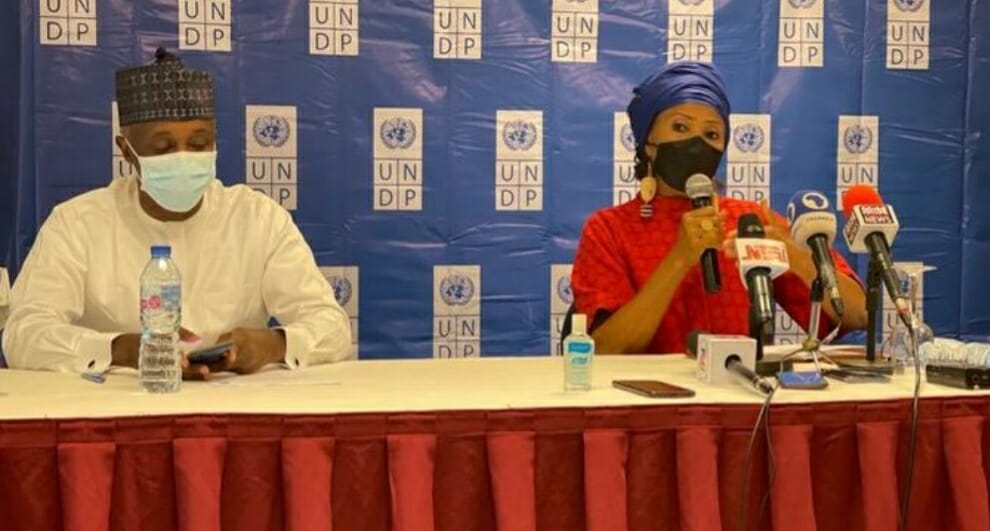UN regional director for Africa, Ahunna Eziakonwa has stated that there is hope for things to return to normal in Nigeria’s north-east.
According to Eziaonwa, remarkable progress has been recorded in the region, courtesy of the UN’s intervention.
This was stated on Friday by the UN regional director for Africa.
She said there is still much work to be done.
“I am happy to say that when we started this two years ago, we didn’t know if it would be successful because of its complexities, but some of the donors trusted us,” she said.
“This mission confirmed for me that there is proof of this concept of working in a development crisis context. Indeed on the faces of those that we met there, we saw hope being restored.
“There are still many challenges, but it was amazing to see that because of these green shoots of investments that we are starting to make in rehabilitating the areas, people are feeling confident enough to go back to their ancestral homes to re-cultivate their lives.”
Eziakonwa said she visited Banki, a border town between Nigeria and Cameroon, and discovered that schools had resumed with teachers working seamlessly within communities.
She said the UN is working hard to build back lost trust, adding that a major cause of the insurgency was a lack of trust in leaders.
The UN envoy also said the fight against insurgency needs to be taken across borders to other countries where the insurgents operate.
“We have to have a cross-border lens to the way we respond to this situation because Boko Haram has affected three other countries – Nigeria, Cameroon and Niger,” she said.
“This border dynamics is not one to ignore. So if we are looking for investment that brings back security, that security will have to be re-established in all the countries affected, not just in one.”
Also speaking, Mohamed Yahya, country representative of the UNDP, said the north-east is now at a turning point.
He said with the wave of surrender by terrorists, reduced spate of attacks, coupled with UNDP’s other interventions, he’s confident that in the next couple of years, the region would return to normalcy.
